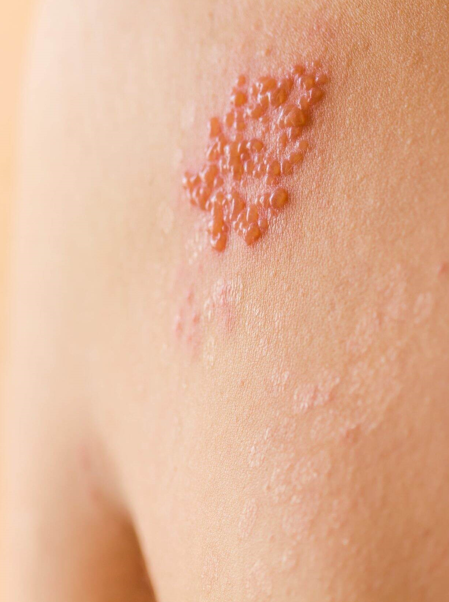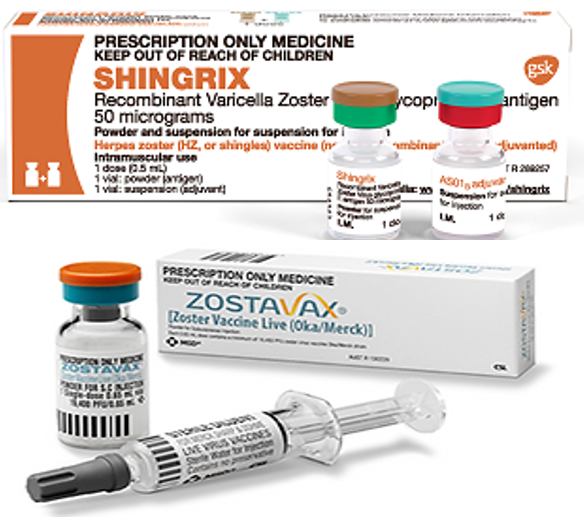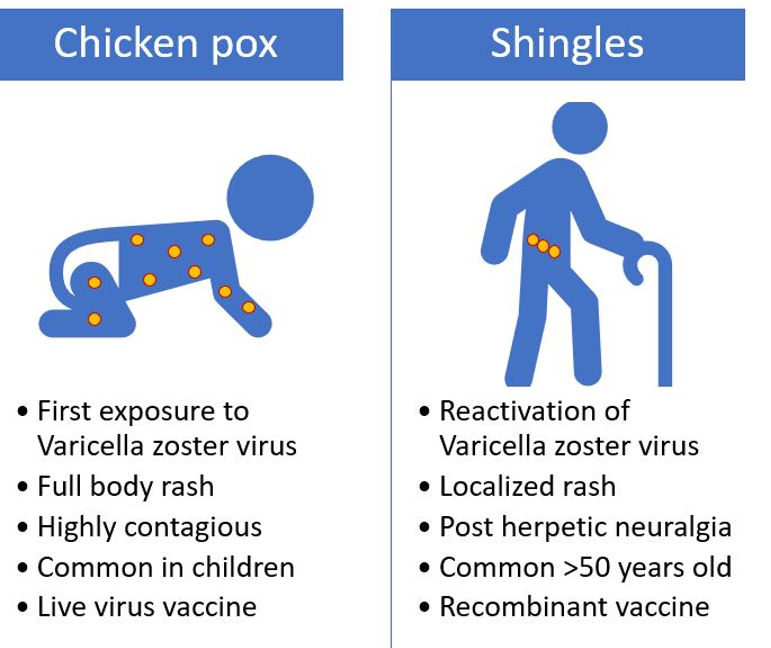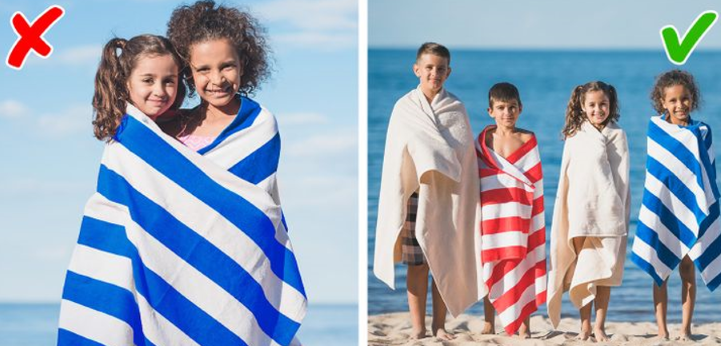What is Shingles
Shingles (herpes zoster) is a viral infection that affects sensory nerves and the skin surface served by those nerves (dermatomes). It is caused by reactivation of the
The risk of developing shingles increases as a person gets older and it predominantly affects those over 70 years of age, although it is sometimes seen in young people and children. Shingles is a reactivation of a previous chickenpox (varicella zoster) infection, sometimes from decades ago.
Post-herpetic neuralgia (PHN) occurs in up to a third of people with shingles, causing severe and debilitating pain, which can be long-lasting. It is defined as pain persisting for more than 90 days after rash onset and is more common, and tends to be more severe, in older people.
An estimated 200,000 people in the UK have shingles every year. The provision of aciclovir treatment on the NHS from community pharmacies has the potential to improve access to treatment within the crucial three-day period after the shingles rash appears. This early intervention can help reduce the severity and duration of shingles.
There is also good evidence that a shingles vaccine can prevent the disease in older people.
Link between chickenpox and shingles
Primary infection with varicella zoster virus causes chickenpox, usually during childhood.
Although chickenpox typically presents with easily identified signs and symptoms, some cases are mild and may not be recognised.
Chickenpox in adults can be more severe. If seen within 24 hours of the rash starting an antiviral may be given, so adult patients with early chickenpox should be referred to a prescriber.
After the initial infection, the virus can settle in the body and remains dormant within the sensory nerve roots of the spinal cord or cranial nerves. Reactivation, years and sometimes decades later, is what causes shingles with a lifetime risk of 20-30 per cent.
It is thought that something ‘triggers’ the virus to reactivate. This trigger is usually an intercurrent illness, particularly in those who are immunocompromised or given corticosteroids (see Table 1 below), but often it may not be identified. Stress and significant stressful lifetime events are often implicated.
| Table 1: Risk factors associated with onset of shingles | |
| Increasing age | Being immunocompromised including:
|
Psycholgical factors including:
| Certain comorbidities including:
|
There are several myths about the relationship between chickenpox and shingles. Pharmacy teams have a role in explaining that:
- People do not “catch” shingles – it only happens to people who have previously been infected with chickenpox
- Those who have not had chickenpox cannot get shingles because there is no dormant infection to be reactivated
- Most adults will have had chickenpox – many will have had it during childhood so do not remember or were not aware of the diagnosis
- Shingles can be infectious and cause chickenpox in people who have not had it. Healthy people who have already had chickenpox will not be at risk.
Patients with suspected shingles should be advised to:
- Avoid contact with people who have not had chickenpox, particularly pregnant women, the immunocompromised (e.g. those on chemotherapy or corticosteroids) and babies younger than one month of age
- Avoid sharing clothes and towels
- Wash hands often





